Popular Tips
YOU MIGHT BE INTERESTED IN
Electric Vehicles 101 - How Does An Electric Car Work?
by Vivaan Khatri |
06/10/2020
Electric vehicles are becoming more and more popular. However, not many people are familiar with electric vehicles. IndianAuto will give you a full explanation of how an electric car work.
- Tag:
- electric cars

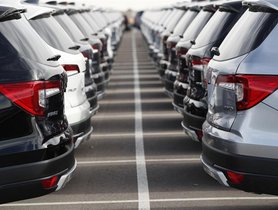





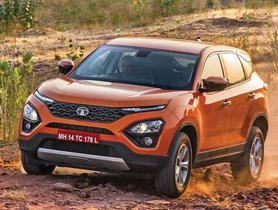

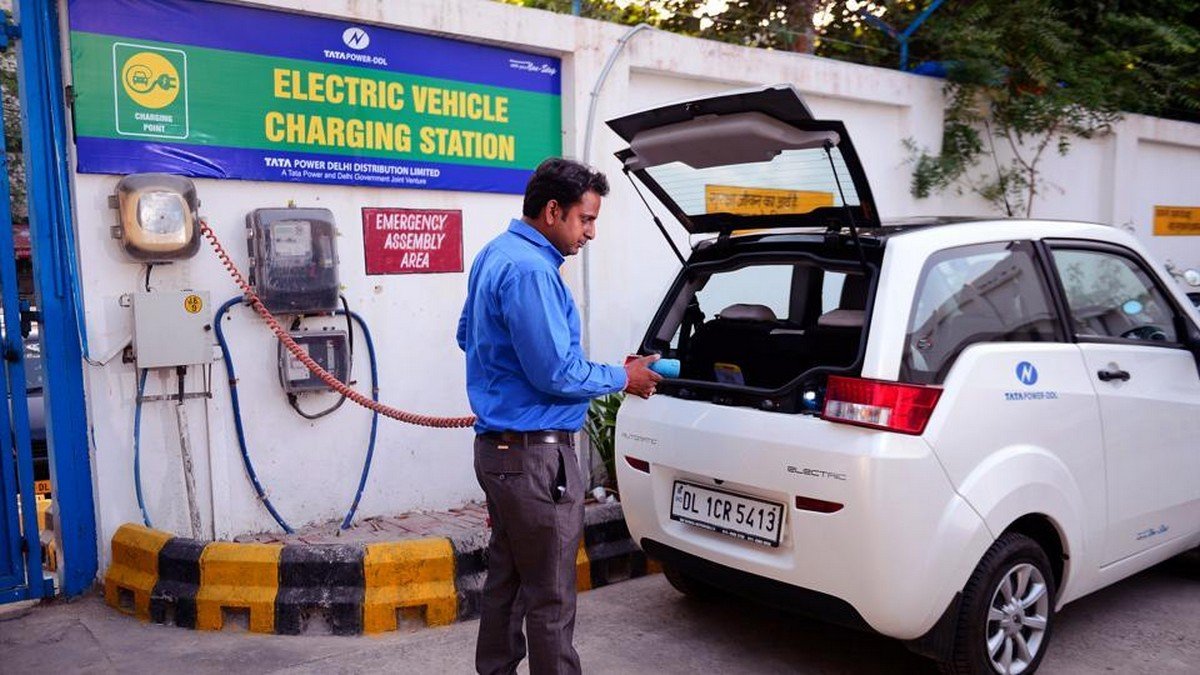
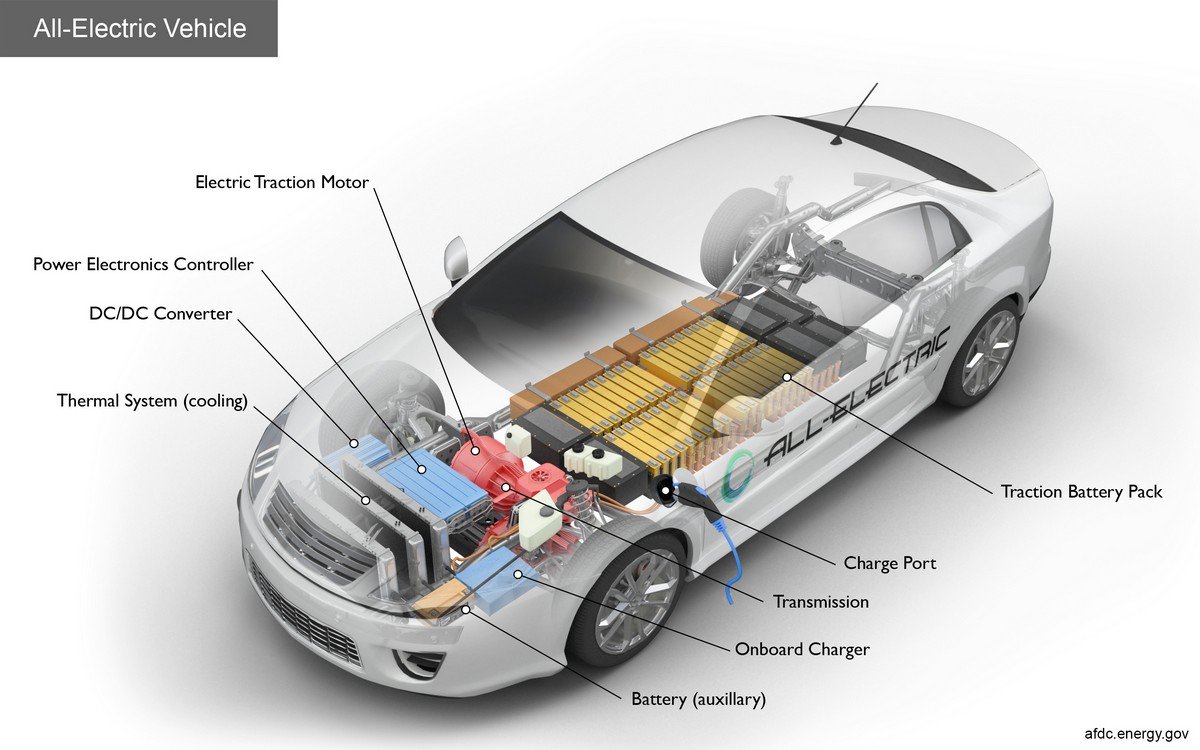
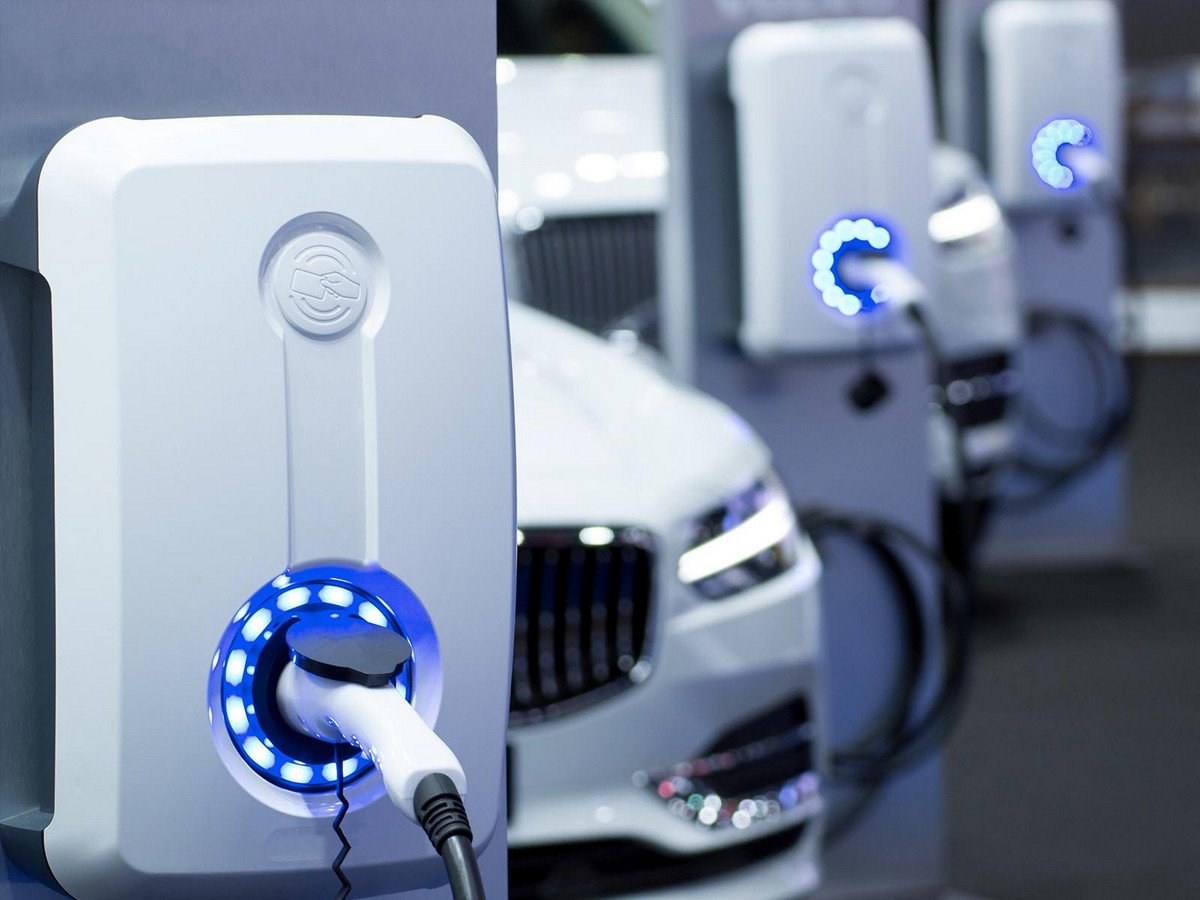
 Follow us on google news
Follow us on google news
